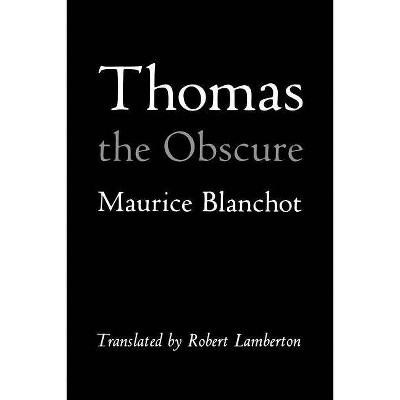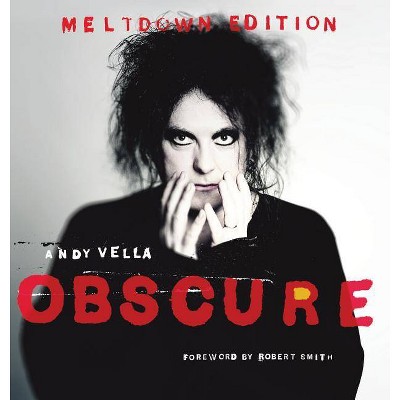Obscure Locks, Simple Keys - Annotated by Chris Ackerley (Paperback)

Similar Products
Products of same category from the store
AllProduct info
<p/><br></br><p><b> About the Book </b></p></br></br>Obscure Locks offers a detailed annotation of Samuel Beckett's most enigmatic novel, Watt. It provides a page by page account of the demented details (literary, philosophical, theological, biographical and other) that went into the making of this encyclopaedic novel.<p/><br></br><p><b> Book Synopsis </b></p></br></br>Obscure Locks, Simple Keys is a comprehensive study of this most enigmatic of all of Samuel Beckett's texts. Chris Ackerley's approach, which has some similarities to genetic editing, is based on an extensive study of the manuscripts and different editions (including the French translation, overseen by Beckett himself) of the novel, and the long introduction covers the complex history of the book's composition and publication. The book includes a thematic Index and extensive Bibliography, as well as two appendices: one deals with 'Textual changes and errata in the major editions of Watt'; the other with the tangled question of 'The evolution of Watt'. Most of the work, however, concerns the detailed annotation of the text, and examines the range of literary, religious and philosophical matters that have informed and shaped the text. The primary aim of the volume is to offer a complete exposition of the novel's disconcerting difficulties, but another major objective, given the parlous state of previous editions, was to identify and correct the long history of textual error, with a view to the future publication of a better text.<p/><br></br><p><b> From the Back Cover </b></p></br></br>Obscure Locks, Simple Keys: The Annotated 'Watt' Chris Ackerley <i>Obscure Locks, Simple Keys</i> is a comprehensive study of this most enigmatic of all Beckett's texts. Chris Ackerley's approach, which has some similarities to genetic editing, is based on an extensive study of the manuscripts and different editions (including the French translation, overseen by Beckett himself) of the novel, and the long introduction covers the complex history of the book's composition and publication. The book includes a thematic Index and extensive Bibliography, as well as two appendices: one deals with 'Textual changes and errata in the major editions of <i>Watt</i>'; the other with the tangled question of 'The evolution of <i>Watt</i>'. Most of the work, however, concerns the detailed annotation of the text, and examines the range of literary, religious and philosophical matters that have informed and shaped the text. The primary aim of the volume is to offer a complete exposition of the novel's disconcerting difficulties, but another major objective, given the parlous state of previous editions, was to identify and correct the long history of textual error, with a view to the future publication of a better text. Chris Ackerley is Professor and former Head of English at Otago University, New Zealand. His publications include extensive commentaries on Samuel Beckett and Malcolm Lowry. His speciality is annotation, and he is (with S.E. Gontarski) author of the Grove Press (2004) and Faber (2006) <i>Companion to Samuel Beckett</i>. He has recently edited <i>Watt</i> for Faber. He is writing a monograph on Beckett and Science and annotating several works by Lowry.<p/><br></br><p><b> About the Author </b></p></br></br><p>Chris Ackerley is Professor and former Head of English at Otago University, New Zealand. His publications include extensive commentaries on Samuel Beckett and Malcolm Lowry. His speciality is annotation, and he is (with S.E. Gontarski) author of the Grove Press (2004) and Faber (2006) Companion to Samuel Beckett. He has recently edited Watt for Faber. He is writing a monograph on Beckett and Science and annotating several works by Lowry.<p>
Price History
Price Archive shows prices from various stores, lets you see history and find the cheapest. There is no actual sale on the website. For all support, inquiry and suggestion messages communication@pricearchive.us




















